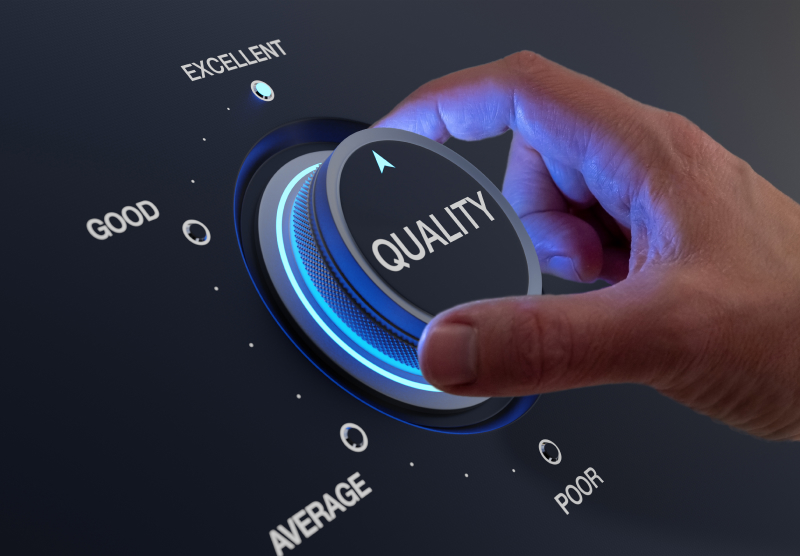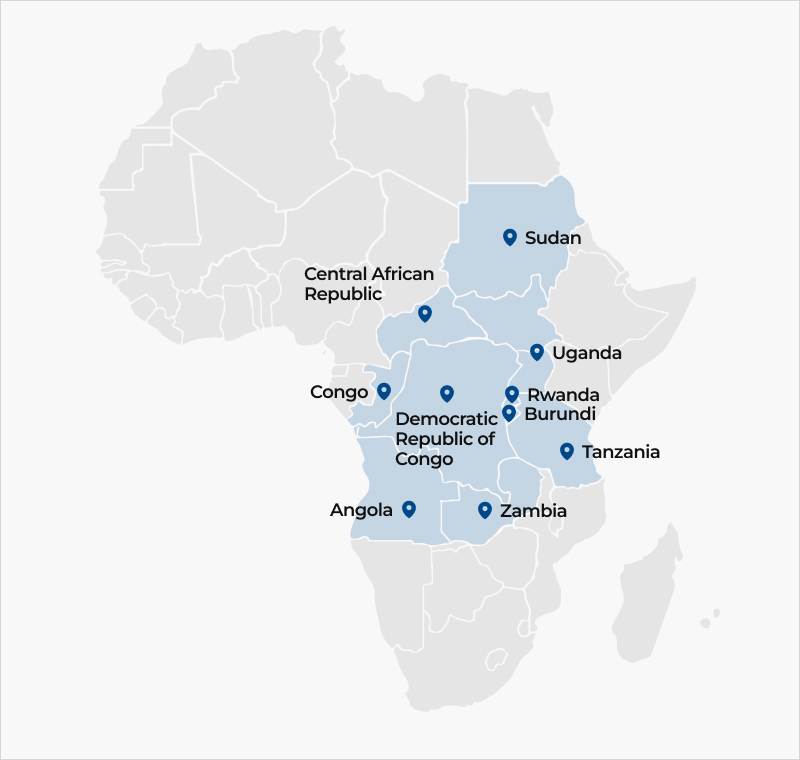Esg
Rn2 Technology carries a profound responsibility regarding the environmental and health impacts our products might cause and continuously strives to mitigate these impacts. These efforts are focused on reducing or eliminating hazardous substances contained within our products, managing the content of regulated hazardous substances below regulatory levels both domestically and internationally, to minimize adverse effects on the environment and health.
All products are strictly checked for regulated substances from the raw material stage, in accordance with product environmental management standards. We constantly monitor the presence and amount of hazardous and high-risk substances in produced/sold products, and compile and provide this information upon customer request.

-
- 01 EU RoHS 2.0
- (Directive 2011/65/EU)
-
- 02 EU REACH
- (EC 1907/2006)
-
- 03 Halogen Free
-
- 04 Other Customer
Requirements
- 04 Other Customer
Conflict minerals refer to four minerals—tin, tantalum, tungsten, and gold (3TG)—mined in the Democratic Republic of the Congo and its neighboring countries, where conflicts are ongoing. The funds generated by these conflict minerals contribute to armed forces within these countries, leading to massacres of civilians and human rights issues such as child and forced labor, and abuse of women during the mining process.
In July 2010, the U.S. Congress passed legislation (Dodd-Frank Financial Regulatory Reform Bill) containing provisions on conflict mineral regulation, thereby mandating that the use of conflict minerals must be reported to the U.S. Securities and Exchange Commission (SEC). Consequently, companies listed on the U.S. stock market are required to report on the usage of conflict minerals, and domestic companies supplying products to U.S. listed companies are also affected by this regulation.
- Conflict Minerals (3TG) : Tin, Tungsten, Tantalum, Gold
- Conflict Regions (10 countries) : DR Congo, Congo, South Sudan, Rwanda, Burundi, Uganda, Zambia, Angola, Tanzania, Central Africa

Conflict Mineral Reserves in Conflict Regions
The proportion of global production from conflict regionsRN2 Technology Co., Ltd.
Conflict Mineral Management Policy
-
01
- As a responsible company, RN2 Technology will ensure that conflict minerals associated with armed forces in conflict regions are not included in our product supply chain.
-
- We will establish a conflict mineral management process compliant with international standards to ensure legal compliance.
- We will actively participate in the conflict mineral ban initiatives led by EICC and GeSI (Global e-Sustainability Initiative).
- Using the Conflict Mineral Usage Reporting Questionnaire provided by EICC-GeSI, we will identify all the refineries' names and locations for tin and gold used in our products.
- We will request a certification that proves the non-use of conflict minerals from companies that use 3TG minerals, alongside submitting the Conflict Mineral Usage Reporting Questionnaire.
-
02
- RN2 Technology requires all its suppliers to fully understand the laws related to conflict minerals and to strictly adhere to our conflict mineral management policy.
-
- Suppliers must establish documented conflict mineral management policies and procedures to ensure that the products supplied to Rn2 Technology do not contain conflict minerals that benefit armed forces in the Democratic Republic of the Congo or its neighboring countries.
- Suppliers should make a good faith effort to identify all refineries' names and locations within the supply chain where conflict minerals are purchased.
- Suppliers must take corrective actions if issues related to conflict minerals occur.
RN2 Technology will actively participate in efforts to ban the use of conflict minerals along with its suppliers and customers, fulfilling our social responsibility to protect human rights in the Democratic Republic of the Congo and neighboring countries.



